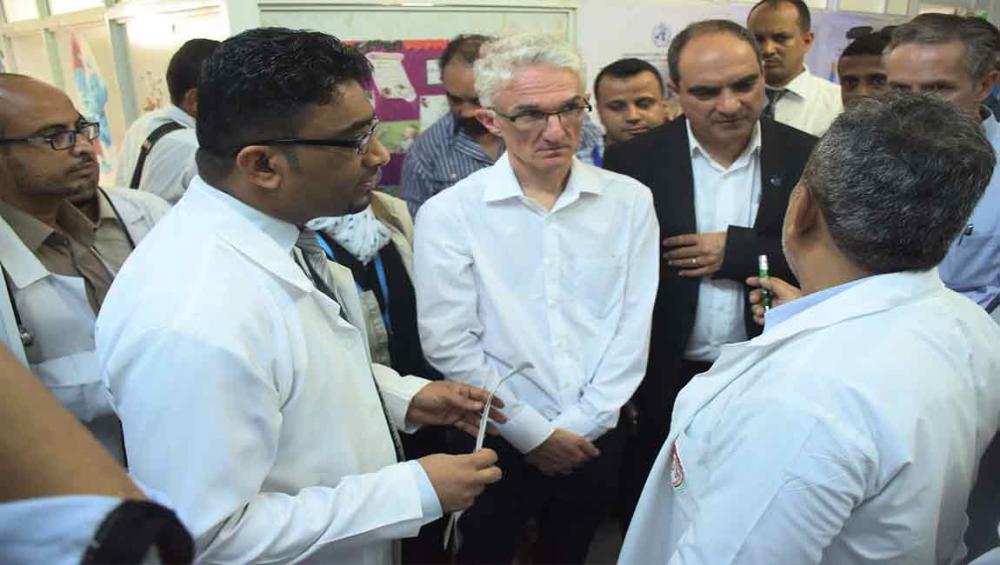Just Earth News | @Just Earth News | 03 Nov 2017, 05:36 am Print

OCHA
The UN Office for the Coordination of Humanitarian Affairs (OCHA) said that nearly have the suspected cases are children. Overall, there have been nearly 2,200 associated deaths since 27 April.
The outbreak is affecting over 90 per cent of districts across 21 of the country’s 22 governorates. Despite the enormous challenges, humanitarian partners have established 234 Diarrhoea Treatment Centres and 1,084 Oral Rehydration Corners in 225 affected districts in 20 governorates, according to OCHA.
Some 3.6 million people have been connected to disinfected water supply networks in 12 governorates. Over 17 million people in all governorates were reached with cholera prevention messages.
OCHA warned on Thursday that Yemen is also facing the world’s largest food emergency and widespread population displacement. After more than two years of war, nearly 21 million people need urgent humanitarian assistance, seven million of whom are severely food insecure, staving off the threat of famine.
Despite challenging conditions and limited funding, the UN and its humanitarian partners provided direct assistance to more than seven million people this year.
“The humanitarian response to the world’s worst hunger crisis and its worst cholera outbreak must be fully resourced”, said UN Emergency Relief Coordinator Mark Lowcock during his recent mission to Yemen. “With only two months left in the year, the UN Humanitarian Response Plan is only 56 per cent funded. I know that we can do more.”
Against that background, he called on donors to step up their support to the Response Plan to ensure the most effective and coordinated response across the country.
“Across the country, and on both sides of the frontline, Yemenis are being kept alive by brave humanitarian aid workers, working under extremely difficult conditions,” said Lowcock, who is also the UN Under-Secretary-General for the Coordination of Humanitarian Affairs, stressing that while relief workers “are able to be effective because we remain impartial, neutral and independent […] we need to do more – and we need more support.”
- Every hour, 100 people die of loneliness-related causes, says WHO
- DR Congo: New initiative to eliminate HIV in children ‘a beacon of hope’, says UN
- WHO study shows tobacco control efforts protect three-quarters of the world’s population
- Drinking coffee can help you live longer, a new study reveals
- New study finds women who work night shifts are more likely to have asthma






